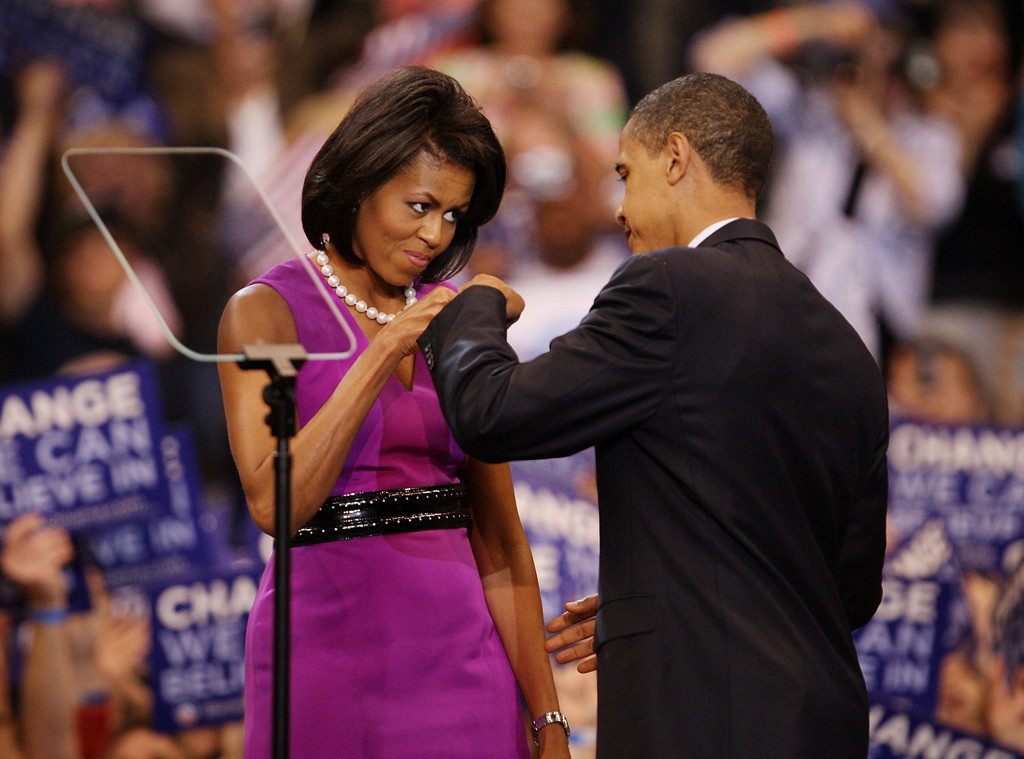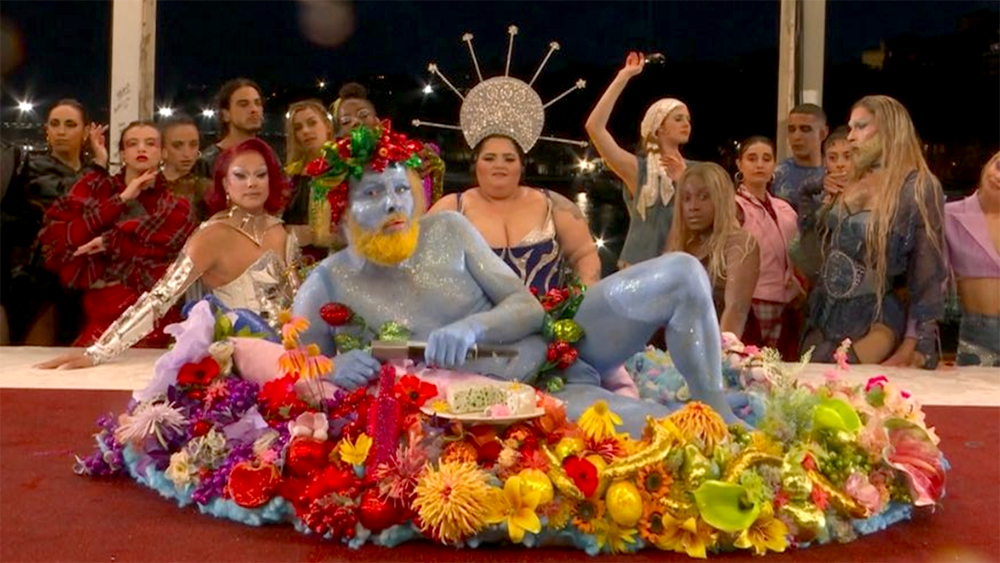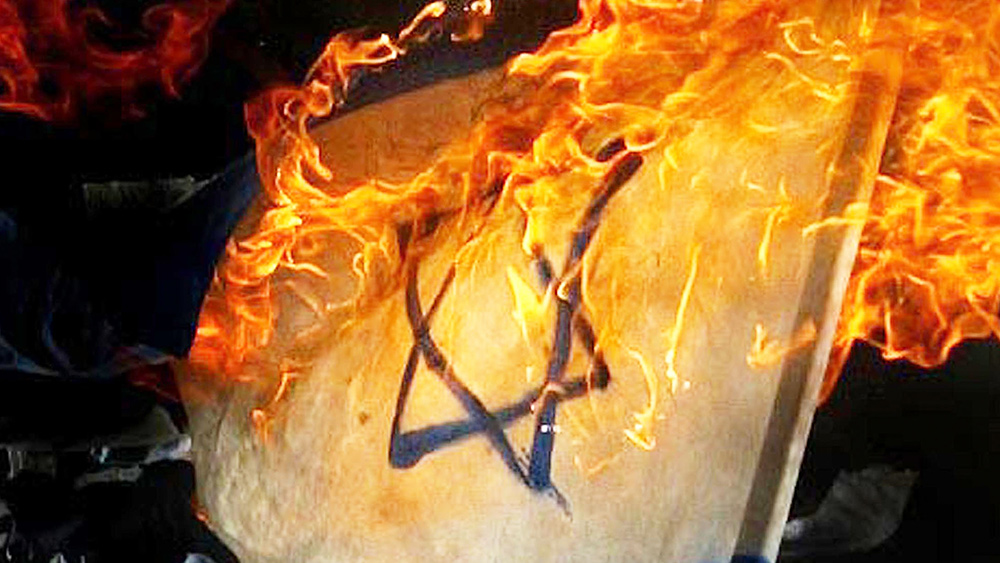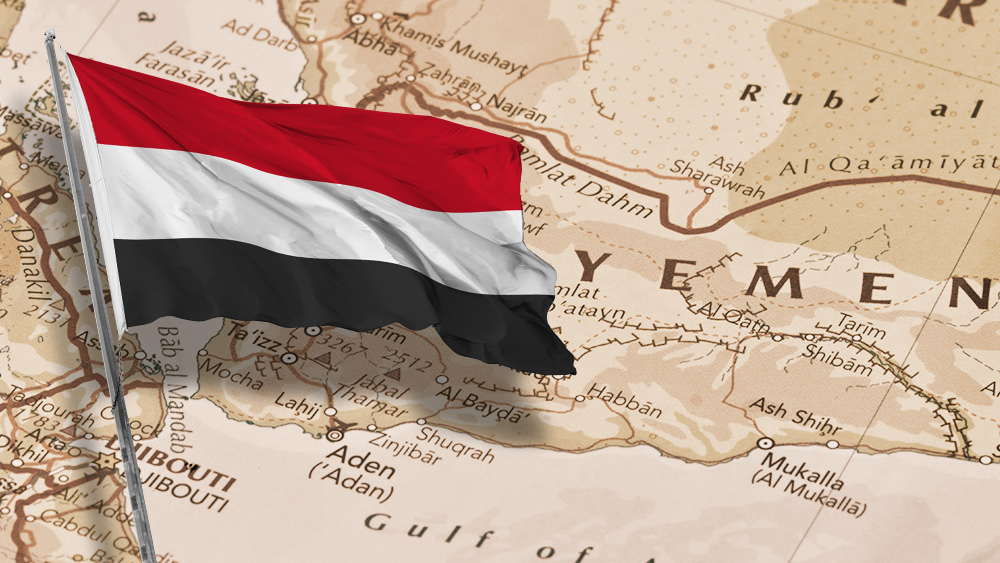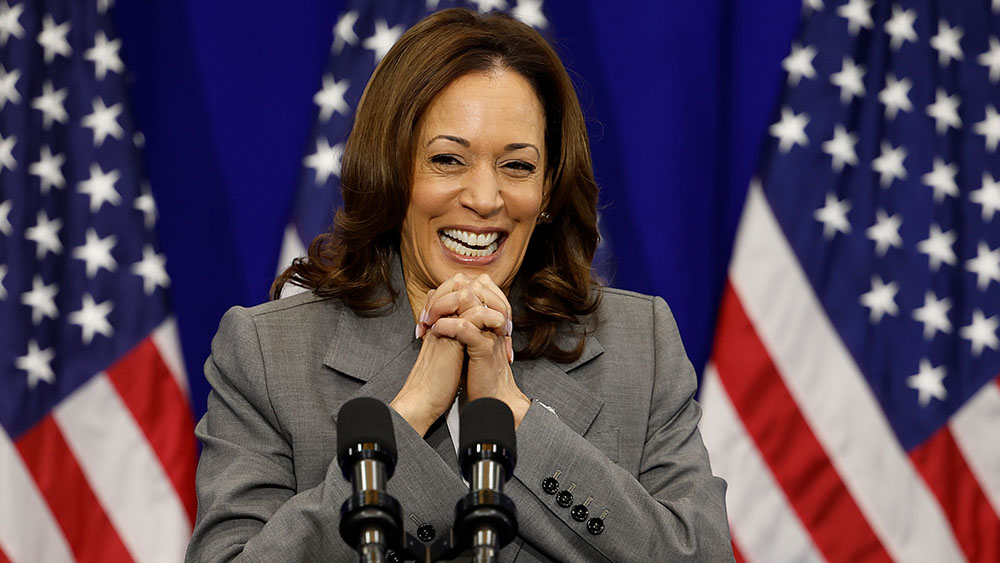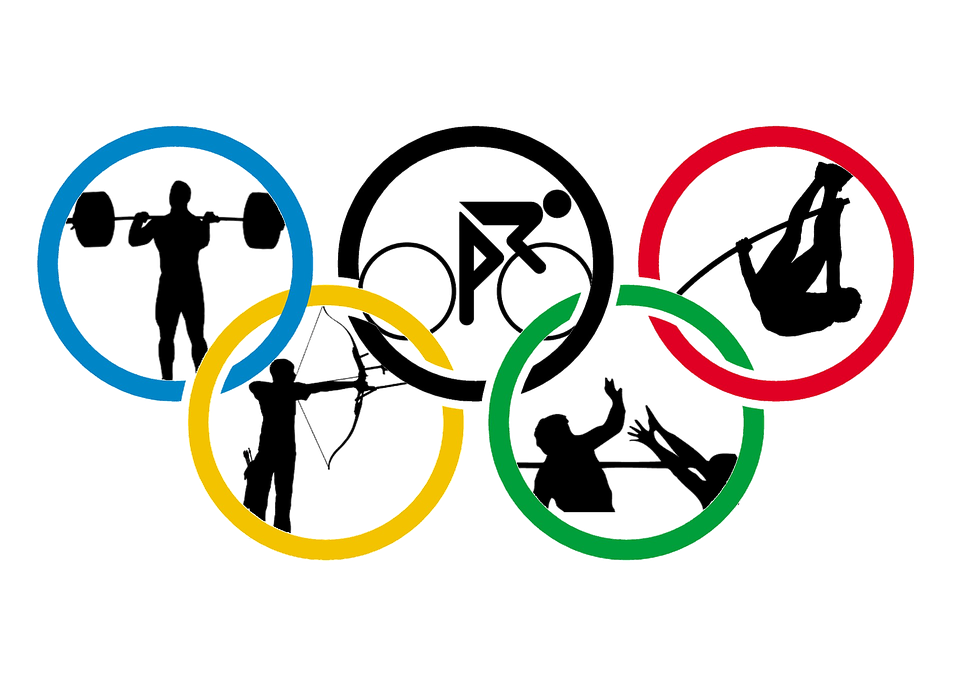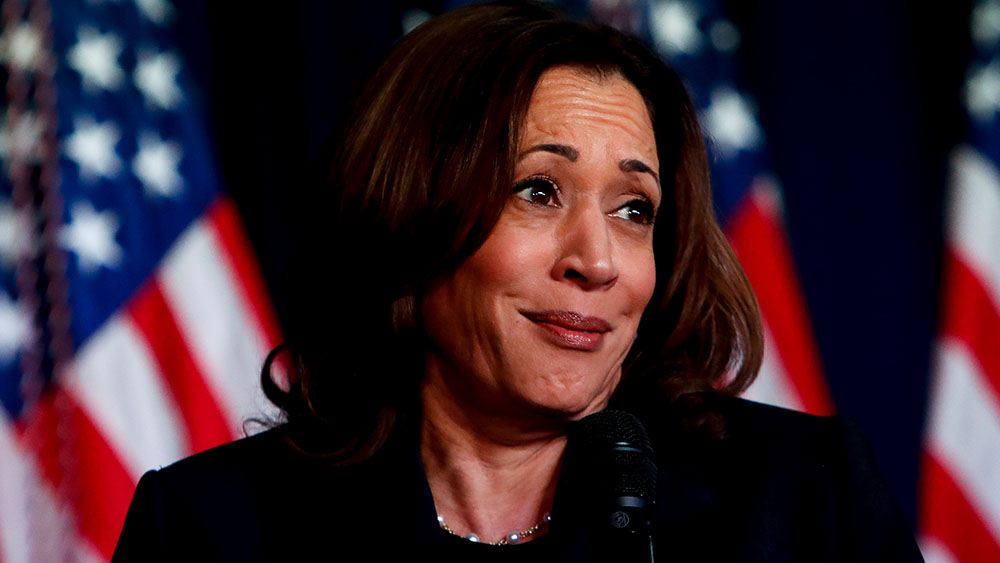U.S. leading diplomatic efforts to prevent Israel from retaliating against Hezbollah strikes
08/02/2024 / By Richard Brown

The United States is spearheading a diplomatic effort to dissuade Israel from striking Beirut or major civilian infrastructure in Lebanon following a deadly rocket attack on the Golan Heights.
The attack, which resulted in the deaths of 12 children, has intensified the conflict between Israel and Hezbollah. According to sources, including Lebanese and Iranian officials as well as Middle Eastern and European diplomats, Washington is working to prevent a full-scale war.
The U.S. and Israel have both blamed Hezbollah for the rocket attack, though the group has denied involvement.
The focus of the high-speed diplomacy is to limit Israel’s retaliation by urging it to avoid targeting densely populated areas such as Beirut, its southern suburbs and crucial infrastructure like airports and bridges.
Lebanese Deputy Parliament Speaker Elias Bou Saab, who has been in contact with U.S. mediator Amos Hochstein since the attack, emphasized that avoiding civilian areas could help mitigate the risk of major escalation.
Israeli officials have expressed their intent to strike back against Hezbollah but have stated that they do not aim to escalate the conflict to a full-scale war. (Related: Israel’s “long arm” can reach its aggressors anywhere, Netanyahu warns, following massive air raid against Yemen that left 6 dead.)
However, diplomats noted that Israel has not committed to refraining from strikes on Beirut or its suburbs.
The U.S. State Department declined to provide details on the diplomatic discussions but reiterated its commitment to finding a “durable solution” to cease cross-border violence. “Our support for Israel’s security is ironclad and unwavering against all Iran-backed threats, including Hezbollah,” a spokesperson said.
White House spokesperson John Kirby confirmed that Israel has the right to respond to the rocket attack but stressed that no one desires a broader war.
“We’ve had discussions at multiple levels,” Kirby said, though he did not elaborate on the specifics.
The Israeli Prime Minister’s office did not respond to requests for comment, and Hezbollah also declined to comment.
The current diplomatic push echoes efforts seen during April’s missile and drone exchanges between Israel and Iran, following an Israeli strike on the Iranian consulate in Damascus. In that instance, a similar diplomatic effort was employed to manage the conflict and prevent further escalation.
U.S. pressuring Iran not to escalate conflict with Israel
An Iranian official disclosed that the U.S. has issued warnings to Tehran, advising against any actions that would further escalate the situation. The official noted that such escalation would have adverse effects on all involved parties.
Hezbollah, a key component of Iran’s “Axis of Resistance” and an ally of the Palestinian group Hamas, has been involved in frequent skirmishes with Israeli forces along Lebanon’s southern border since the outbreak of the Gaza conflict last October.
During the 2006 Lebanon War, Israeli forces conducted extensive bombing campaigns in Beirut, targeting Hezbollah-affiliated structures and civilian infrastructure, including the airport and bridges. This previous conflict set a precedent for the severe consequences of escalated hostilities.
A French diplomat revealed that Paris has also been engaged in mediating between Israel and Hezbollah to de-escalate the situation. France, with its historic ties to Lebanon and approximately 20,000 French citizens residing there, has been active in diplomatic efforts.
Israel’s war cabinet has also recently voted to give Prime Minister Benjamin Netanyahu and Minister of Defense Yoav Gallant the power to authorize the timing and nature of any response against Hezbollah.
Watch this episode of “Maverick News Live” discussing Israeli strikes on Lebanon and its alleged assassination of Hamas leader Ismail Haniyeh in Tehran.
This video is from the channel Maverick News on Brighteon.com.
More related stories:
Israeli strike on UN-run school that housed displaced families in Nuseirat kills 23 Palestinians.
Sources include:
Submit a correction >>
Tagged Under:
Beirut, big government, chaos, culture wars, diplomacy, escalation, fascism, foreign relations, Golan Heights, Hezbollah, Holy War, Iran, Israel, israel-hezbollah war, Lebanon, national security, progress, terrorism, United States, violence, White House, World War III
This article may contain statements that reflect the opinion of the author
RECENT NEWS & ARTICLES
COPYRIGHT © 2020 Culturewars.news
All content posted on this site is protected under Free Speech. Culturewars.news is not responsible for content written by contributing authors. The information on this site is provided for educational and entertainment purposes only. It is not intended as a substitute for professional advice of any kind. Culturewars.news assumes no responsibility for the use or misuse of this material. All trademarks, registered trademarks and service marks mentioned on this site are the property of their respective owners.

